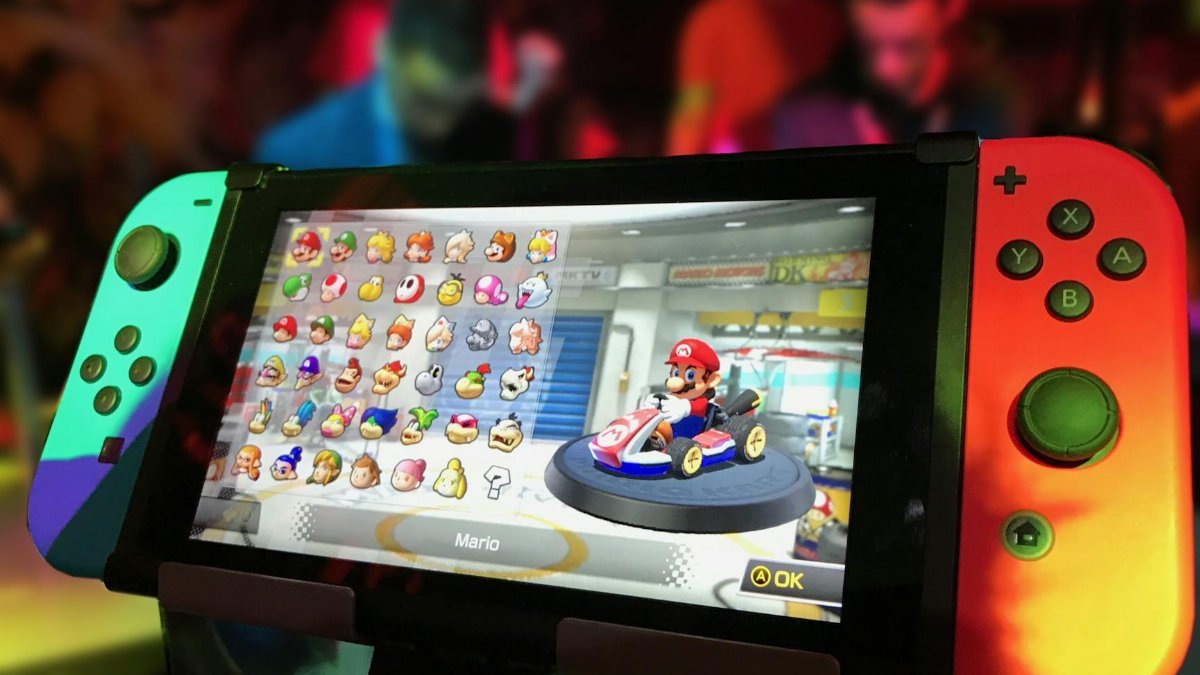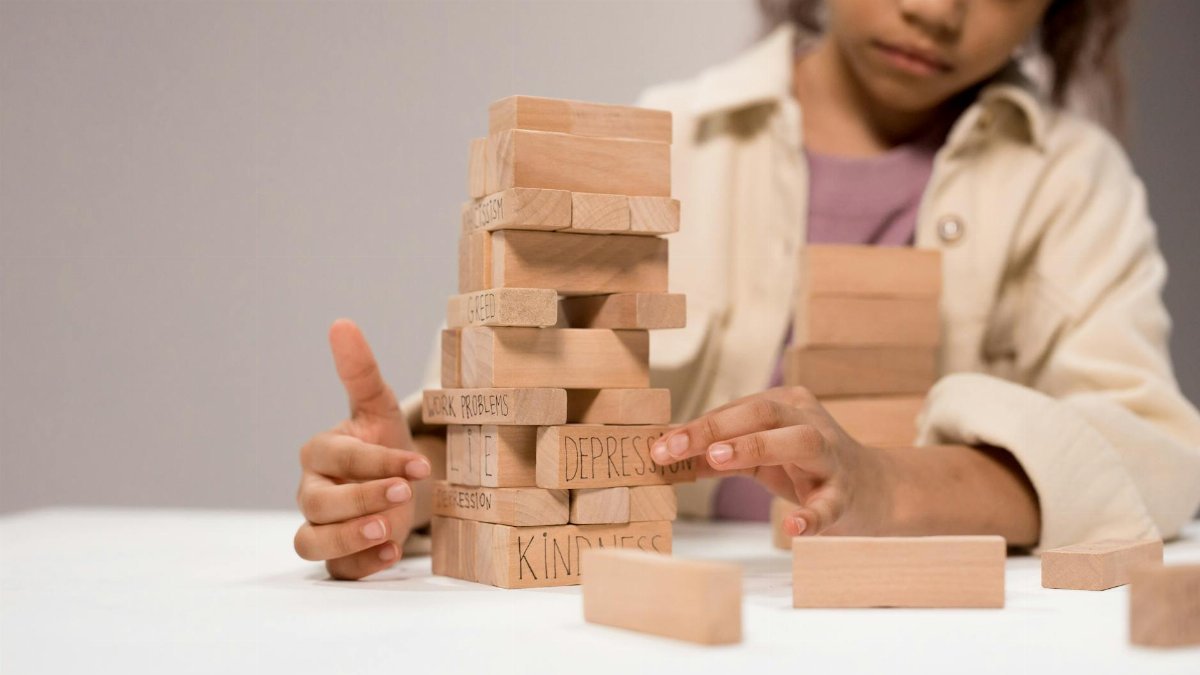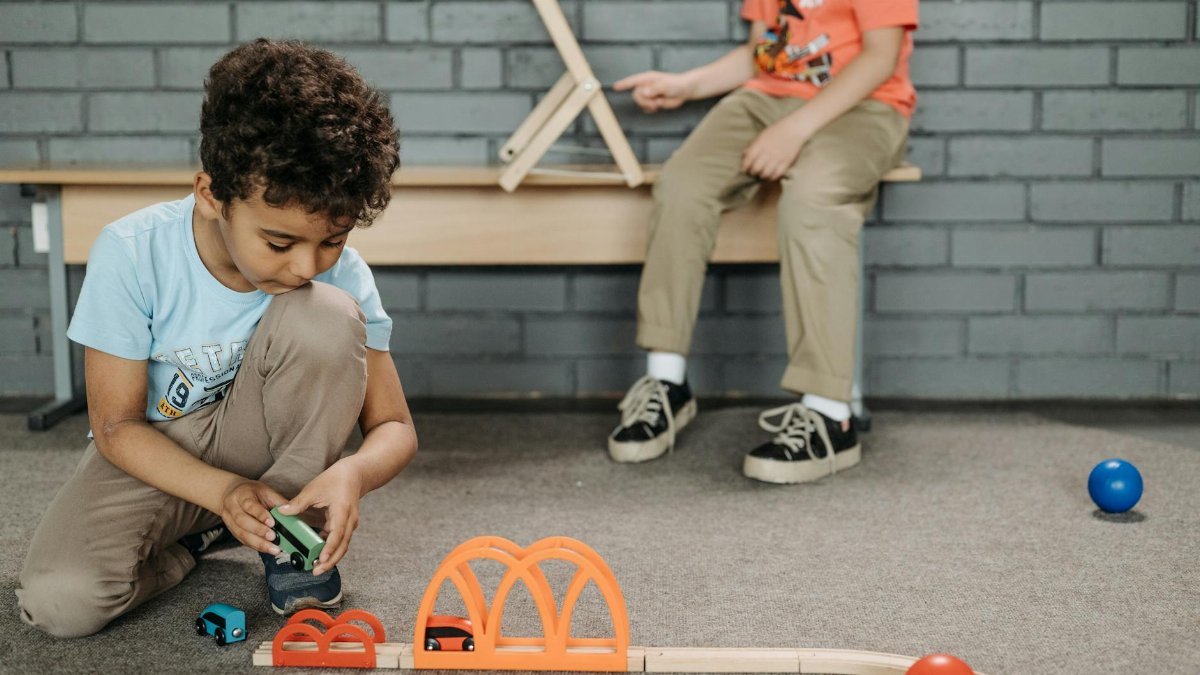Is empathy games kids car really the solution to restless road trips? With families spending hours in vehicles, teaching kids emotional intelligence on the go is gaining traction. These games, designed to build understanding and connection, are transforming mundane drives into meaningful moments. From quick role-playing to thoughtful questions, parents are finding creative ways to nurture empathy while stuck in traffic. Here’s a roundup of eight engaging empathy games to try with your kids during car rides, each crafted to spark conversation and compassion.
1. Guess the Feeling

Start with a simple game that hones emotional recognition. One person acts out a feeling—through facial expressions or tone of voice—while others guess what it is. Think “sad” with a droopy face or “excited” with an upbeat tone. This helps kids identify emotions in real-time, a key empathy skill. Rotate turns so everyone gets a chance to express and interpret. It’s quick, needs no props, and works for all ages.
2. Story Swap

Build a story together, but with a twist: each person adds a line about how a character feels in a tricky situation. For example, “The dog got lost and felt scared.” The next person continues, focusing on emotions and reactions. This game encourages kids to imagine others’ perspectives, a cornerstone of empathy. Keep it light or silly to maintain engagement during long drives.
3. What Would You Do?

Pose a hypothetical scenario to spark discussion. Try, “If you saw a kid crying at the park, what would you do?” Let each child brainstorm ways to help, then share why they’d choose that action. This game builds problem-solving skills while teaching kids to consider others’ needs. It’s a low-effort way to fill time and foster caring attitudes.
4. I Spy Emotions

Turn the classic “I Spy” into an empathy exercise. Instead of spotting objects, look for emotions in people outside the car. Say, “I spy someone who looks frustrated,” pointing to a pedestrian pacing on a call. Discuss why they might feel that way and how to support someone in that state. It sharpens observation and encourages kids to think beyond themselves.
5. Role-Play Switch

Pick a real-life situation—like a sibling argument—and have each kid role-play the other person’s side. If two siblings bicker over a toy, switch roles and let them express the other’s feelings. This game helps kids step into someone else’s shoes, even if just for a few minutes. Keep it short and focused to avoid real tension in the car.
6. Kindness Challenge

Challenge everyone to come up with one kind act they could do for someone they’ll see after the ride, like a teacher or friend. Discuss how that act might make the other person feel. Maybe it’s sharing a snack or offering a compliment. This game shifts focus to positive actions and builds a habit of thinking about others’ emotions, all from the car seat.
7. Feeling Flashcards

If you’ve got a deck of emotion flashcards (or even handmade ones), use them during downtime. Hold up a card with a word like “angry” or “joyful,” and ask kids to describe a time they felt that way. Then, have them guess when someone else might feel the same. It’s a structured way to talk feelings and link personal experiences to others’ perspectives. No cards? Just call out emotions instead.
8. The Listening Game

One person shares a short story—real or made-up—about their day or a problem. Everyone else must listen without interrupting, then repeat back the main feelings they heard. For instance, “I heard you felt left out when your friend didn’t wait.” This reinforces active listening, a vital empathy tool, and shows kids their emotions matter. It’s especially effective for quieter car rides.
These empathy games kids car activities aren’t just time-killers; they’re backed by research showing that emotional intelligence in childhood predicts better social skills later. A study from the American Psychological Association highlights how empathy-building activities improve peer relationships. Meanwhile, resources from Edutopia note that role-playing, like some of these games, directly boosts kids’ ability to understand others. With trends in 2025 pointing to more family travel, turning drives into empathy labs could be a game-changer.
Natasha is the heart of our exploration into conscious connection. Applying principles from multiple counseling courses in her own life, she guides you to cultivate stronger, more joyful bonds.
Disclaimer
The content on this post is for informational purposes only. It is not intended as a substitute for professional health or financial advice. Always seek the guidance of a qualified professional with any questions you may have regarding your health or finances. All information is provided by FulfilledHumans.com (a brand of EgoEase LLC) and is not guaranteed to be complete, accurate, or reliable.
